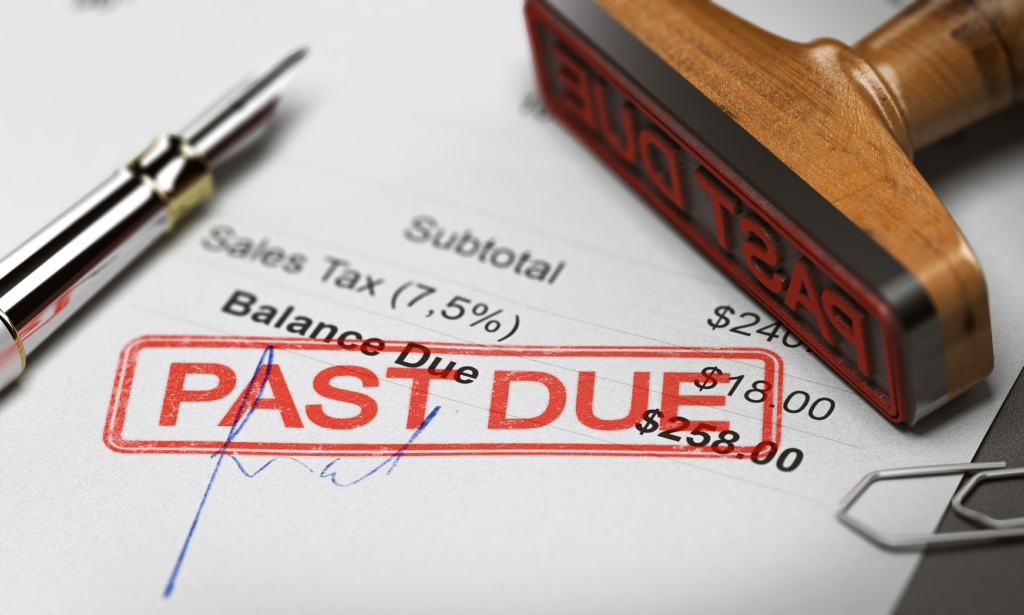Getting Hit by Someone Else’s Bankruptcy
Finding out that another business or individual who owes your business money has declared bankruptcy can feel like a kick to the stomach. But with bankruptcies already tracking higher in 2025 than in the previous three years, it’s worth considering the possibility.
From a tax perspective, what can be done? The type of bankruptcy, the amount of money owed, and your accounting methods each play a role.
Understanding the Type of Bankruptcy
There are several types of bankruptcy, but the most common are Chapter 7, Chapter 11, and Chapter 13. Understanding the kind will help you gauge the likelihood of recovering your debt and guide your next steps.
Chapter 7 bankruptcy involves liquidating assets for businesses or individuals who cannot pay off debts while operating normally or in a restructured manner. Unfortunately, it’s the most common type and often results in the business closing down. An impartial trustee is then appointed to convert the debtor’s assets into cash for distribution among creditors.
Chapter 11 bankruptcy allows businesses (usually corporations) to reorganize their debts and continue operating. Only individuals whose debt exceeds the maximum limit for Chapter 13 (outlined below) can file for Chapter 11. According to the IRS, “The debtor uses the time from their bankruptcy filing to the confirmation of their debt repayment plan to reorganize their finances. Failure to successfully reorganize and get a debt repayment plan approved may result in a Chapter 11 case being converted to a liquidating Chapter 7.”
Chapter 13 bankruptcy is a voluntary reorganization of debt reserved for individuals, including wage earners, self-employed and sole proprietors. It allows individuals who have regular income, filed required tax returns within the past four years, and met other requirements to attempt to restructure debt and make payments without losing property or important assets.
Can You Write Off the Loss?
Once you receive word that a debtor has filed bankruptcy, whether you pursue a claim to recover your debt or “write it off” is best decided between you and your tax and legal advisors. That’s because several factors are at play, including the likelihood of recovering the debt, the costs involved, and the tax implications.
In Chapter 7, or total liquidation, secured debts (backed by collateral that can be sold) are more likely to be paid back than unsecured debts. Once the money raised by selling assets is gone, it’s gone, and the remaining debt is often forgiven. This frequently includes outstanding invoices for goods and services. With Chapter 11, many experts will tell you there is a better chance of receiving at least a partial payment, but it could take some time. Investopedia offers a basic explanation here.
Once the debt is determined to be a loss, your accounting method plays a crucial role in how it can affect your taxes. Under the accrual method of accounting, income is recognized when it’s earned, regardless of when you receive payment. If you’ve already reported the income from the bankrupt debtor, you may be able to claim a bad debt deduction for tax purposes.
For cash-based accounting, income is only recognized when payment is received. Therefore, if you haven’t received the income from the debtor, it can’t be written off as bad debt for tax purposes.
Steps to Take
- Review the bankruptcy notice carefully and share it with your tax and legal advisors.
- File a proof of claim, whether you expect payment or not.
- Attend the creditors’ meeting (mentioned on the notice) if you and your advisors believe it will be beneficial.
- Consider your options: Can a bad debt deduction be claimed to help offset the financial impact if the debt remains unclaimed?
As a preventative measure, always bill and invoice promptly and follow through swiftly with past-due reminders and notifications. When the time comes, you must be able to prove that you took reasonable steps to collect the debt. Feel free to contact us with questions.
Photo from 123rf.com


